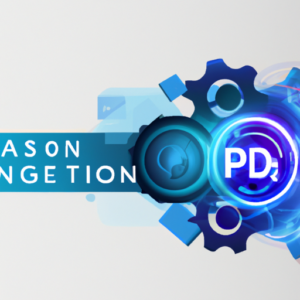Artificial Intelligence (AI) is a double-edged sword. On one side, it’s a powerful tool that can help solve complex challenges and improve lives. On the other, it can be misused by malicious actors, including state-affiliated groups, to harm others. These groups, armed with advanced technology, large financial resources, and skilled personnel, pose unique risks to the digital ecosystem and human welfare.
In a recent blog post, OpenAI, in partnership with Microsoft Threat Intelligence, revealed that they had disrupted five state-affiliated actors that sought to use AI services in support of malicious cyber activities. These actors, identified as Charcoal Typhoon and Salmon Typhoon (China-affiliated), Crimson Sandstorm (Iran-affiliated), Emerald Sleet (North Korea-affiliated), and Forest Blizzard (Russia-affiliated), were using OpenAI services for various malicious activities.
These activities ranged from researching companies and cybersecurity tools, debugging code and generating scripts, translating technical papers, retrieving publicly available information on intelligence agencies and regional threat actors, assisting with coding, researching common ways processes could be hidden on a system, and even generating content for phishing campaigns.
OpenAI’s response to these threats is a multi-pronged approach. They invest in technology and teams to identify and disrupt sophisticated threat actors’ activities. They collaborate with industry partners and other stakeholders to exchange information about malicious state-affiliated actors’ detected use of AI. They also learn from real-world use (and misuse) to create and release increasingly safe AI systems over time.
OpenAI believes in public transparency and shares information about the nature and extent of malicious state-affiliated actors’ use of AI detected within their systems and the measures taken against them. They believe that sharing and transparency foster greater awareness and preparedness among all stakeholders, leading to stronger collective defense against ever-evolving adversaries.
While the misuse of AI by a handful of malicious actors is concerning, it’s important to remember that the vast majority of people use AI systems to improve their daily lives. As OpenAI continues to innovate, investigate, collaborate, and share, they make it harder for malicious actors to remain undetected across the digital ecosystem and improve the experience for everyone else.
As a business owner, it’s crucial to stay informed about these potential threats and to ensure that your own cybersecurity measures are up to date. Remember, knowledge is power, and in the digital world, it’s your best defense.






